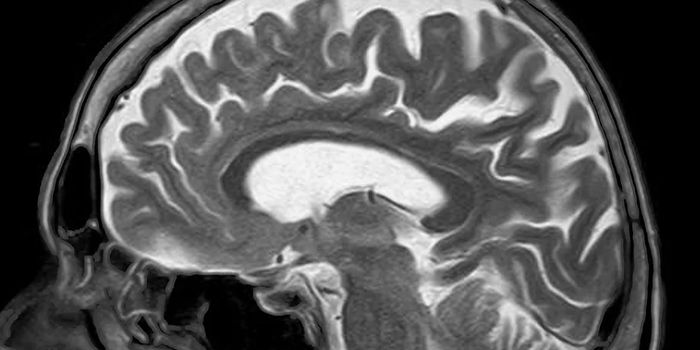Mediterranean Diet Linked to Gut Bacteria that May Mitigate PTSD
Eating a Mediterranean diet may increase levels of certain gut bacteria that are linked to fewer PTSD symptoms. The corresponding study was published in Nature.
“Examining the gut-brain axis can provide insights on the interdependence of mental and physical health,” said co-corresponding author Karestan Koenen, Ph.D., of the Department of Epidemiology at Harvard T.H Chan School of Public Health in a press release.
“Our findings suggest the PTSD and human gut microbiome relationship is a promising area of research that may lead to recommendations for alleviating the down-stream negative health consequences of PTSD,” she added.
For the study, the researchers analyzed health data from 191 women in substudies of the Nurses’ Health Study-II (NHS-II). Data included microbial DNA information collected from stool samples taken six months apart from each woman alongside factors such as age, PTSD symptoms, body mass index (BMI), and dietary information.
After analyzing the data, the researchers found that participants who adhered more to the Mediterranean diet experienced fewer symptoms of PTSD. They also found that reduced consumption of red and processed meats- alongside increased intake of plant-based foods- were linked to fewer symptoms of PTSD.
In further analysis, the researchers found that higher levels of a bacteria species known as Eubacterium eligens were linked to fewer PTSD symptoms at multiple time points in the study. They added that healthier eating was linked to higher levels of the bacteria. For example, eating raw carrots raised levels of E. eligens whereas eating a lot of red or processed meat was linked to lower levels of the bacteria.
The researchers noted that their study has some limitations, such as use of a short screening scale for PTSD as opposed to clinical diagnoses. Moreover, while their study highlighted correlations, they noted that underlying factors remain unknown.
"We are eager to learn more about the relationship between PTSD, diet, and the gut microbiome. In a future study, we will attempt to validate the efficacy of probiotics as a method to prevent PTSD," said co-corresponding author Yang-Yu Liu, Ph.D., of the Channing Division of Network Medicine within the Department of Medicine at Brigham and Women’s Hospital, in a press release.
Sources: Psychiatrist.com, Neuroscience News, Nature









